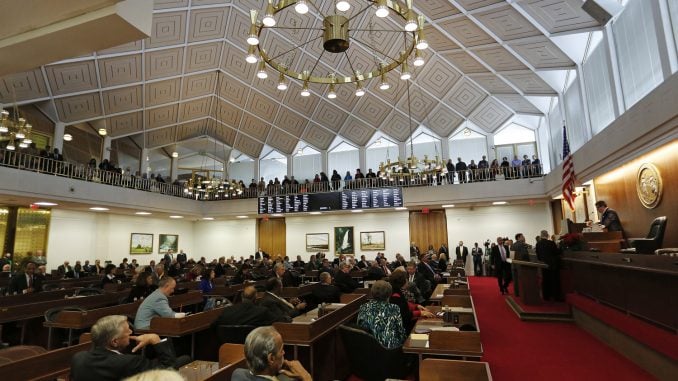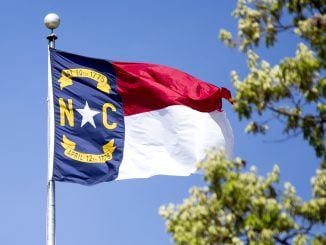
RALEIGH — After being passed 119-0 in the House and 47-0 in the Senate, S.B. 562, “The Second Chance Act,” was signed by Gov. Roy Cooper on Thursday. The bill gives some who have criminal convictions an opportunity to have these crimes expunged from their records.
S.B. 562 allows expungement of misdemeanors, as well as Class H and I felonies, for those who committed the acts prior to turning 18 years old but after turning 16. Driving while intoxicated charges and sexual assault charges do not qualify for expungement.
The bill also automatically expunges cases from one’s record if the charges were dismissed or the defendant was found not guilty, and it allows those convicted of nonviolent misdemeanors to petition for expunction after seven years.
“North Carolina has followed the President’s lead to enact balanced criminal justice reform that offers nonviolent offenders a true second chance to advance in our economy, to benefit their families, and to find a new future in our state alongside their fellow citizens,” N.C. House Speaker Tim Moore (R-Kings Mountain) said in a statement after the bill passed his chamber.
For those like Lynn Burke, a Raleigh lawyer involved in advocating for the bill, having some convictions on her record expunged represents that “second chance” mentioned in S.B. 562’s name.
She was a 23-year-old single mother attending NC State University in 1988 when she was arrested for writing bad checks, totaling $800, which led to a 2-year stint in prison. Burke said her mother had passed away two months before and she was desperate to find a way to get money to support her children.
“I didn’t have any help, and I just started doing stupid stuff,” she told NSJ.
Once her prison term was over, Burke said it was difficult to find work because of employers learning about her past. But after delivering flowers using a friend’s van for 13 years, she eventually went back to school, graduating with a law degree from N.C. Central University in 2010.
Her legal past continued to haunt her though as the state refused to grant her a law license. She appealed the case to the N.C. Supreme Court, where then-Attorney General Roy Cooper represented the state, but the court affirmed the Board of Law Examiners’ decision.
Burke admitted to NSJ that she had other arrests since leaving prison in 1990, including more check fraud and driving violations. The court documents from her 2015 appeal mention “forty incidents between 1983 and 2004 in which she had been accused of criminal offenses” and concluded she had failed to divulge many of them in her law school application and her law license applications in North Carolina and Washington, D.C. Without her N.C. law license, she instead practices immigration law, which her D.C. license allows her to do.
Burke said she was involved in early discussions with Bill Rowe and Daniel Bowes of the N.C. Justice Center, a progressive advocacy group, to plan the initiative that would become S.B. 562. Conservatives for Criminal Justice Reform was also a major part of advancing the bill in the Republican-majority General Assembly. CCJR was started in 2016 to help advocate for N.C. Supreme Court Chief Justice Mark Martin’s recommendation to “raise the age” regarding who is charged as a juvenile.
During a virtual signing ceremony, Cooper said of the bill “We can give people who make amends for past mistakes the opportunity to clear their records. This bill offers that opportunity and a path to good jobs and a brighter future.”
The Associated Press contributed to this report.




